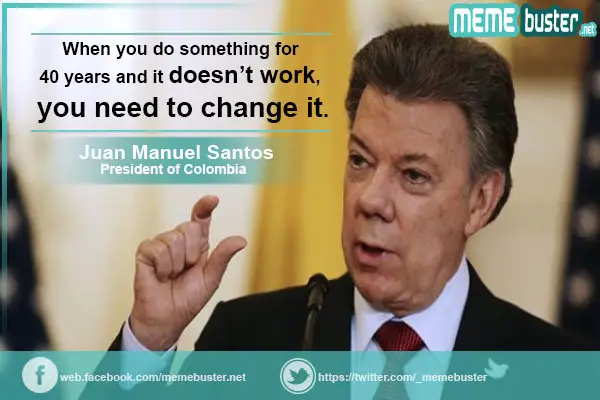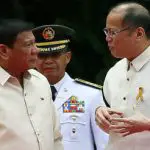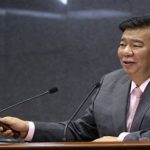After more than 40 long years of fighting the illegal drugs trade in his country, Colombian President Juan Manuel Santos said nothing worked.
“When you do something for 40 years and it doesn’t work, you need to change it,” Santos recently told the New York Times.
Santos, along with the presidents of Guatemala and Mexico, argued that the methods used to fight drugs were dictated by the United States, but their countries were the ones to suffer from the consequences.
Guatemala President Jimmy Morales even noted, “When two elephants fight, the grass always suffers the most,” in reference to the ongoing war between US law enforcement agencies and drug cartels.
[ads1]
And this should come as a serious precaution to President Rodrigo Duterte, who is waging a hard-line kill-them-all policy against drug trafficking in the country.
And the whole world knows this. In April this year, before Duterte was seated in power by a landslide win, world leaders gathered at the United Nations to re-consider the global war against illegal drugs, which has been going on for decades. And they came to a conclusion similar to the Colombian president’s.
In a letter sent to UN Secretary-General Ban Ki Moon, the world leaders said: “The drug control regime that emerged during the last century has proven disastrous for global health, security and human rights.” The letter was signed by said leaders even including celebrities like Mary J. Blige and Sting.
Among other things, the letter also touched on the ill effects of the war on drugs.
“Focused overwhelmingly on criminalization and punishment, it created a vast illicit market that has enriched criminal organizations, corrupted governments, triggered explosive violence, distorted economic markets and undermined basic moral values,” the letter said.
Moreover, among tragic consequences, added the letter, are governments that “devoted disproportionate resources to repression at the expense of efforts to better the human condition.”
Some quarters in the local scene are of the opinion that the Philippines and its president should re-think their present strategy against the drug trade in light of the letter to the UN.
The letter further warned that, “Tens of millions of people, mostly poor and racial and ethnic minorities, were incarcerated, mostly for low-level and non-violent drug law violations, with little if any benefit to public security.”
In contrast, civic groups and governments have long proven the effectiveness of rehabilitation and treatment. Some even espouse decriminalization of drug use and possession.
Accordingly, “A growing number of city, state and national governments no longer treat drug use and possession as crimes,” the letter to the UN claimed.
“Some are beginning to legally regulate cannabis for medical and even non-medical purposes. Many more recognize the need to make essential medicines readily available, especially for pain and palliative care in lower income countries,” the letter added.
However, some observers think that the problem of illegal drugs should be treated on a case-to-case basis. The drug problem differs in nature depending on the country, effective leadership and culture.
Another school of thought is of the opinion that the gains of the anti-drug campaign in Davao—combining police operations, rehabilitation and re-absorption into society—should not be belittled and could even serve as a new model for other countries to follow.
According to the Kill List regularly updated by the Inquirer, as of noon of July 21, there have been 378 reported killings of drug personalities since May 10 and 331 killings since June 30.
[ads3]


